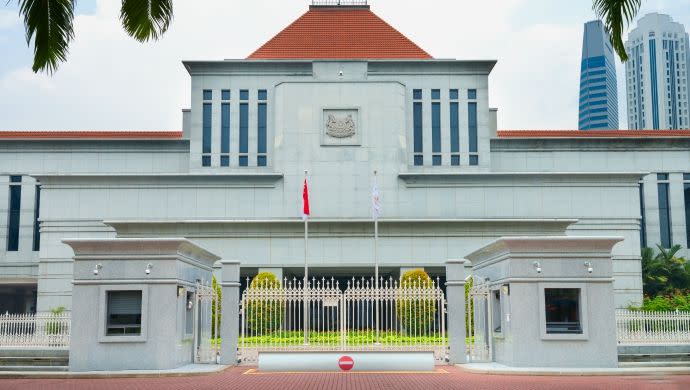Surbana’s labelling of its terminated staff as ‘poor performers’ is unacceptable: Lim Swee Say

Manpower Minister Lim Swee Say has criticised Surbana Jurong for labelling the workers that the Temasek Holdings-owned consultancy has terminated as “poor performers”, saying that it was unacceptable.
The way that Surbana terminated the 54 workers fell short of established human resource practices, Lim said on Tuesday (7 February).
Speaking in Parliament about the termination that took place last month, Lim said, “This is the first time that the employer has conducted such a major termination exercise and announced publicly that these workers are labelled poor performers. As a Manpower Minister, it is something that I do not find acceptable.”
He was responding to questions from various members of Parliament about updates of the Ministry of Manpower’s investigations into the incident.
Surbana Jurong group chief executive Wong Heang Fine reportedly explained the terminations to staff by saying in an e-mail that the company could not allow poor performers to continue to affect the 99 per cent who were performing.
The termination was criticised by union leaders who said that the company did not follow due processes before terminating the workers.
Of the 54 terminated workers, 14 are members of the Building Construction and Timber Industries Employees’ Union (BATU).
BATU president Nasordin Mohd Hashim said in a Facebook post, “Eight of our members were re-employed staff who were offered re-employment or had their contract renewed. Why did the company offer them re-employment or renew their contract if their performance was not satisfactory to begin with?”
Lim told the House that his ministry expects companies to conduct their HR practices in a responsible and progressive manner.
“In this particular case, we are certainly concerned that a major employer could commit such a HR practice gaffe,” Lim said.
The management of Surbana and unions have since reached an agreement on an ex-grata payment for the affected employees, said Lim, adding that this was a “fair outcome” for the affected employees.
Lim added, “The company has acknowledged that the process could have been better managed…This episode serves as a good reminder to employers that termination exercises should be conducted in a responsible and sensitive manner.”
Under the Employment Act, employers who terminate employees on grounds of poor performance must substantiate these claims based on documented incidents of poor performance. Employees who feel they have been unfairly dismissed may file an appeal with MOM.
Lim concluded, “I hope we do not come across another case like this…At the end of the day, it does not mean that the (affected) person cannot do well in other places. The work environment, HR practices are also contributing factors.”



